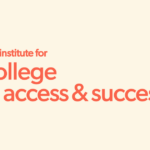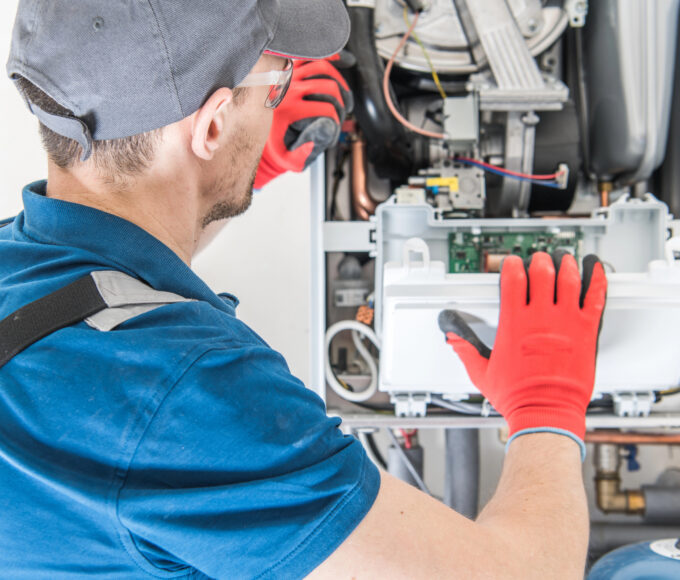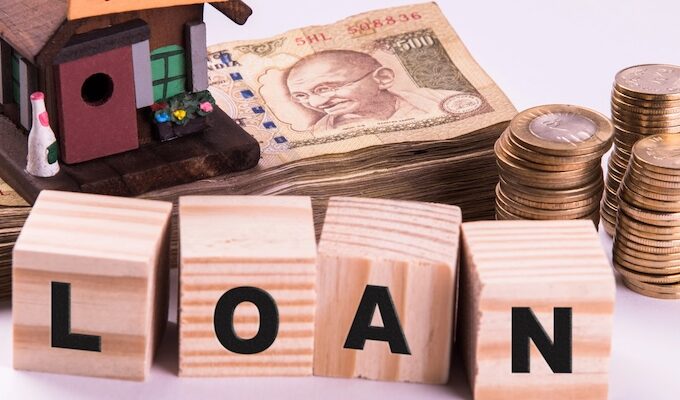[ad_1]
Yes, your money is safe in the bank as long as it’s in an FDIC-insured institution, and we recommend keeping it there in 2025.
During times of economic uncertainty, it’s common to worry about your security. Wondering if your money is safe in the bank is part of that. Fortunately, most banks in the United States have FDIC insurance, which protects your money even if your bank fails (which is unlikely).
In this article, we’ll explain what FDIC insurance is, why your money is safe in the bank, and what accounts are covered. We’ll also share the law Congress passed after the recession, which imposed stricter bank regulations, making it safer for consumers to use them.
Table of Contents
Is my money safe in the bank?
In 2025, many people experience financial anxiety, so it’s common to wonder if your money is safe in the bank. That’s understandable, since inflation, tariffs, and the potential for a recession dominate the news. However, when it comes to banks, the government has numerous safeguards in place to ensure your deposits are secure.
For example, the FDIC, which stands for the Federal Deposit Insurance Corporation, insures banks so customers don’t lose their money in the event of a bank failure. Before depositing your money at a bank, use the FDIC’s BankFind tool to make sure your bank purchases this type of insurance. You can also look for the FDIC-insurance logo on your bank’s website.
As long as your bank is an FDIC-insured institution, your money is protected automatically. You don’t have to sign anything or purchase coverage yourself. If you prefer to use a credit union, look for one that has NCUA insurance, which works the same way.
Why is money safer in the bank?
Money is safer in the bank because of FDIC insurance. If you have cash at home, your money is not protected. If someone steals it, you can’t get it back. Conversely, if a bank closes, the FDIC either moves your balance to a different bank or sends you a check within days.
Banks also have several layers of cybersecurity, including fraud monitoring and the ability to set up 2-factor authentication. Many banks offer support in the event of identity theft or suspicious charges on your account. In addition to bank protection, the government passed laws that oversee banks to prevent fraud and abuse.
For example, the Dodd-Frank Wall Street Reform and Consumer Protection Act of 2010 established the Consumer Financial Protection Bureau (CFPB), which makes sure banks follow the law and treat consumers fairly.
What accounts are covered by the FDIC?
The FDIC only insures certain types of bank accounts up to $250,000.
- Checking accounts
- Savings accounts
- Money market deposit accounts
- Certificates of Deposit (CD)
- Prepaid cards
The FDIC doesn’t insure investment accounts with stocks, bonds, or mutual funds. It also doesn’t insure cryptocurrencies or safety deposit boxes. If you have valuable items, like jewelry, in a safety deposit box, consider purchasing a separate insurance policy for them.
If you need a higher level of insurance, you can open accounts at different banks. Alternatively, some banks, such as SoFi, offer extended FDIC insurance.
Understanding FDIC categories
The FDIC insures assets up to $250,000 per ownership category. That’s an important distinction because there are several ownership categories:
- Single accounts
- Joint accounts
- Specific retirement accounts
- Trust accounts
- Certain business accounts.
- Specific government accounts
- Employee benefit plans
You are protected up to $250,000, but this coverage is per depositor, per ownership category, and per bank. That means that if you have two single accounts in your name at one bank, the FDIC insures the combined assets up to $250,000. However, if you have a single account and a trust, each of those accounts is insured up to $250,000 because they are in different categories.
If you’re not sure whether or not you’re over the FDIC limit, you can use the FDIC’s free online tool, EDIE (Electronic Deposit Insurance Estimator). Use the tool to input your bank balances, and EDIE will give a report to let you know if you have enough coverage.
Is my money safe in a bank during a recession?
As long as your money is in an FDIC-insured bank or a NCUA-insured credit union, it’s safe, even during a recession. In fact, the negative economic impact of the 2008 – 2009 recession is what led Congress to pass the Dodd-Frank Wall Street Reform and Consumer Protection Act.
As mentioned, this law established the CFPB, which plays a pivotal role in protecting consumers from fraud, predatory lending, and other financial abuses. The law also imposed stricter banking requirements, which increased banks’ accountability to the American people.
What happens when a bank fails?
Bank failures are very rare, as is the potential for a dollar collapse. However, if a bank does fail, here is what happens:
- The FDIC takes control of the failed bank’s assets and closes the bank.
- The FDIC will send bank customers and borrowers a notice of the bank’s failure.
- Either the FDIC will move your money to a different bank, or the FDIC will send you a check with your balance.
The FDIC gives customers access to their money as quickly as possible, typically within one day.
Should I take my money out of the bank?
Unless there is an emergency or you need to make a cash purchase, keep your money in the bank. The reason is that if someone steals your cash or you lose it, you can’t recover it. Also, many banks offer high-yield savings accounts, which allow your money to earn interest. These accounts offer interest rates ranging from 3% to 5%, depending on economic conditions.
Also, due to inflation, keeping your money in cash over the long term means it becomes less valuable over time. So, leave your money in the bank and work to build a solid emergency fund.
According to the Federal Reserve, 37% of adults could not cover an unexpected $400 expense. Having a dedicated emergency fund that’s earning interest can help in those situations.
Other ways to keep your money safe
In addition to making sure your money is in an FDIC-insured bank, here are other tips to help keep your money safe:
- Only keep small amounts of cash on hand.
- Use strong passwords and never leave your password in a place where others can see it.
- Use 2-factor authentication for your bank logins.
- Avoid using banking apps when you’re on public wifi.
- Keep all banking apps updated and set up fraud alerts.
If you still have concerns about whether or not your money is safe in the bank or want financial advice, you can consult a financial advisor. Money Pickle offers a free call to a financial advisor, and you’re not required to hire one after the call. An advisor can ease your worries and help reassure you if you’re feeling uncertain about your financial future.
[ad_2]






